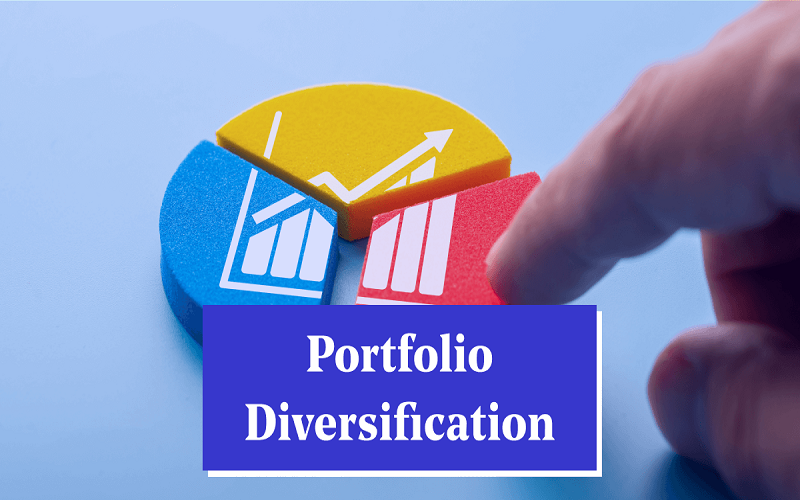As a professional entrusted with the task of exploring the depths of industrial ETFs and their importance in today’s market, I aim to provide you with a comprehensive and insightful piece that will serve as a guiding light for those seeking profound insights into this topic.
The Significance of Diversification
Diversification is a fundamental principle in investment strategy, especially when it comes to industrial ETFs. By spreading your investments across various industrial sectors, you minimize the risk of relying on a single company or industry for your returns. This strategy helps to protect your portfolio from the volatility and uncertainties that can arise from market fluctuations.
Understanding Industrial ETFs
Industrial ETFs, also known as exchange-traded funds, are investment funds that track the performance of a specific sector within the industrial market. These funds provide investors with exposure to a diverse range of companies operating within the industrial sector, including manufacturing, transportation, and construction, among others.
The Benefits of Industrial ETFs
- Broad Market Exposure: Investing in industrial ETF allows you to gain exposure to a wide range of companies within the industrial sector. This broad exposure can offer greater stability and potential for growth compared to investing in individual stocks.
- Diversification: As mentioned earlier, diversification is crucial for mitigating risk. Industrial ETFs provide investors with instant diversification across multiple companies and industries within the industrial sector.
- Cost-Effective: Industrial ETFs are typically more cost-effective than investing in individual stocks. They have lower expense ratios and do not require the same level of active management as mutual funds.
- Liquidity: Industrial ETFs are extremely liquid assets because they are traded on significant stock exchanges. This implies that, during market hours, you can simply purchase or sell your shares at any moment.
Current Market Trends
In today’s market, diversification through industrial ETFs is particularly crucial due to several factors:
- Volatility: The global market is volatile, with political, economic, and environmental factors contributing to fluctuations in stock prices. By diversifying your investments through industrial ETFs, you can spread your risk and potentially mitigate losses during turbulent times.
- Technological Advancements: The industrial sector is constantly evolving, with new technologies and innovations shaping the landscape. Industrial ETFs provide exposure to companies at the forefront of these advancements, allowing investors to capitalize on the potential growth of emerging industries.
- Economic Cycles: Different sectors within the industrial market tend to perform differently during various stages of the economic cycle. By diversifying your investments across various industrial sectors, you can position your portfolio to benefit from different economic conditions.
Incorporating Industrial ETFs into Your Investment Strategy
When considering incorporating industrial ETFs into your investment strategy, it is essential to conduct thorough research and analysis. Here are some steps to help you get started:
- Define Your Investment Goals: Clearly articulate your investment goals, whether they are long-term growth, income generation, or capital preservation. This will guide your decision-making process when selecting industrial ETFs.
- Research ETFs: Study different industrial ETFs available in the market. Evaluate their historical performance, expense ratios, holdings, and management strategies. Look for ETFs that align with your investment goals and risk tolerance.
- Diversify Across Industries: Select industrial ETFs that provide exposure to a diverse range of industries within the sector. This will help spread your risk and enhance potential returns.
- Monitor and Rebalance: Keep a close eye on your industrial ETFs’ performance and adjust as needed. Maintaining a portfolio that is in line with your investing objectives and risk tolerance requires periodic rebalancing.
Conclusion
Diversification through industrial ETFs is crucial in today’s market. By investing in these funds, you can gain exposure to a broad range of companies operating within the industrial sector, reduce risk through diversification, and potentially benefit from market trends and technological advancements. Remember to conduct thorough research, define your investment goals, and regularly monitor your portfolio to maximize the potential benefits of industrial ETFs.






